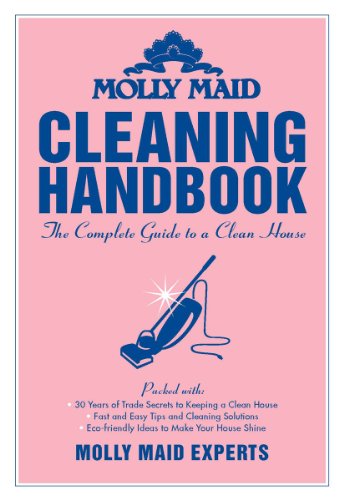
The average person spends about eight hours a day sleeping, and therefore it’s important to keep your bed clean. Here’s how.
1. Air out your bed: On average, we share our bed with 1.5 million dust mites every night! Gross, right? Pull back your bedding each morning and let it air out instead of making your bed right away. This will help moisture evaporate and hopefully reduce the amount of dust mites in your bed.
2. Vacuum your mattress: We shed millions of skin cells per day. In fact, an eight year old mattress contains about ten pounds of dead skin sells according to a study conducted by Dream Mattresses. In order to keep your mattress clean, vacuum it regularly. This can be done using the upholstery attachment. You can also use a protective mattress cover to protect your mattress as well. Make sure to clean your mattress cover and bed sheets at least once a week to kill germs and bacteria.
3. Wash your pyjamas: According to Ergoflex Mattresses, the average female typically washes her pyjamas after seventeen wears. Due to the fact that humans shed skin sells rapidly, it is recommended to wash your pyjamas after three days. Make sure you wash your pyjamas frequently to reduce the risk of bacteria ridden skin cells from making their way into your bed.
4. Keep your cell phone out of your bed: We take our cell phones everywhere! In fact, according to PhoneSoap, our telephones contain approximately eighteen times more bacteria then a public toilet! Avoid bringing these germs to bed with you by keeping your telephone out of your bed and cleaning it regularly. This can be done by turning off your device and wiping it gently with a damp disinfecting wipe. Dry the device right away using a microfibre cloth.
5. Avoid bringing your pets to bed: Close contact with your pet carries some risk of sharing germs. While there’s nothing like a good cuddle with your best four-legged friend, its best to get your fluffy friends their own bed. If you plan on letting your pet sleep in your bed, it is recommended that you wash your sheets more frequently than once a week.

